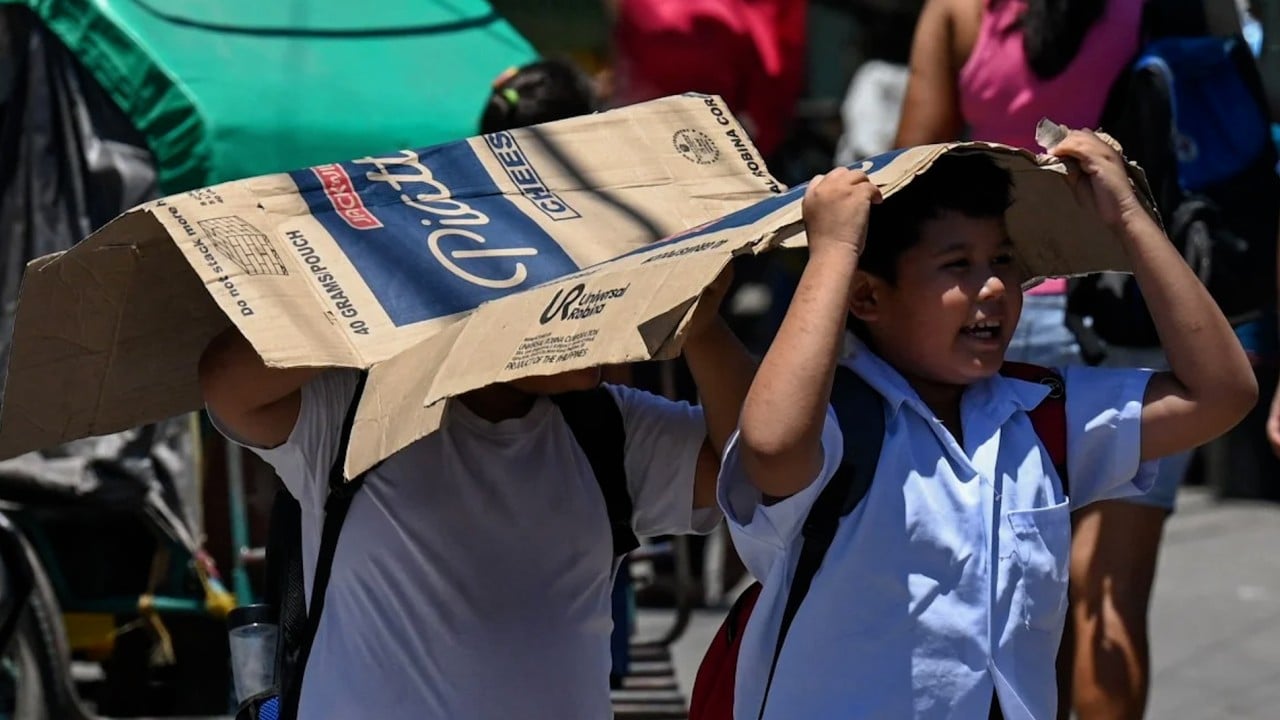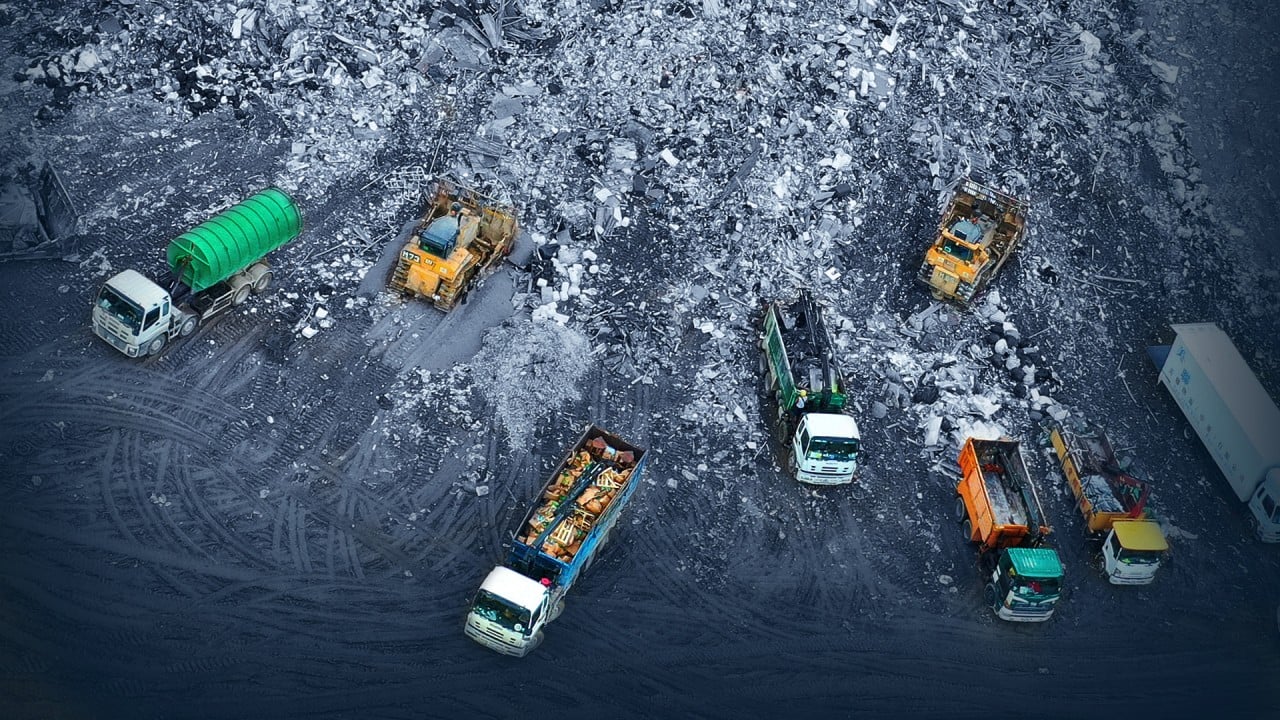Little to celebrate on World Environment Day as Hong Kong scraps waste charging
The 17 sustainable development goals (SDGs) at the core of the 2030 agenda comprise 169 targets for developing and developed economies to achieve by 2030.
But last year, a progress report found only 15 per cent of the targets on track. This suggests world leaders are not treating seriously most of the targets they are committed to achieving – that they are simply not doing enough to protect the environment and people from pollution, hunger, war and disaster.
World leaders must stop offering empty rhetoric and step up sustainability efforts.
In 20 years, the world has lost 100 million hectares of forest area, threatening 1 million species with extinction. We will need to restore 1.5 billion hectares of forest by 2030 to have any hope of merely reversing the damage.
These are challenges that all nations need to address and urgently. With six years left to 2030, we must channel our resources into turning the deteriorating trends around.
Compared to some of most vulnerable places on earth, Hong Kong faces nowhere near the same magnitude of threats or environmental degradation.
This was a setback, not least because the city’s officials are keen to find good stories to tell about Hong Kong. If the scheme, originally set to kick in from August 1, could still go ahead, might that not be a better Hong Kong story to tell, while giving the city an achievement to celebrate?
Amid the recent heated debate over Hong Kong’s waste-charging scheme, one suggestion raised by the authorities was to send the city’s waste to neighbouring Greater Bay Area cities for incineration. How can such an unethical idea be raised?
Shockingly, the authorities appear to harbour a “not in my backyard” mindset. Put another way, if a mainland city proposed sending its waste to Hong Kong, how would our government and public feel about that?
Hong Kong can and should collaborate with the mainland on projects that bring mutual environmental, social and economic benefits, but it should not resort to dumping its problems on others.
The legislators who approved the waste-charging scheme in 2021 when the pandemic was taking a toll on our economy should have foreseen the economic factors and pain points being discussed today.
Their shockingly quick U-turn in suggesting and supporting a suspension of the scheme is a disappointment, especially as so many organisations and places have invested in their waste reduction journey in full support of the scheme.
Edwin Lau Che-feng is executive director of The Green Earth

